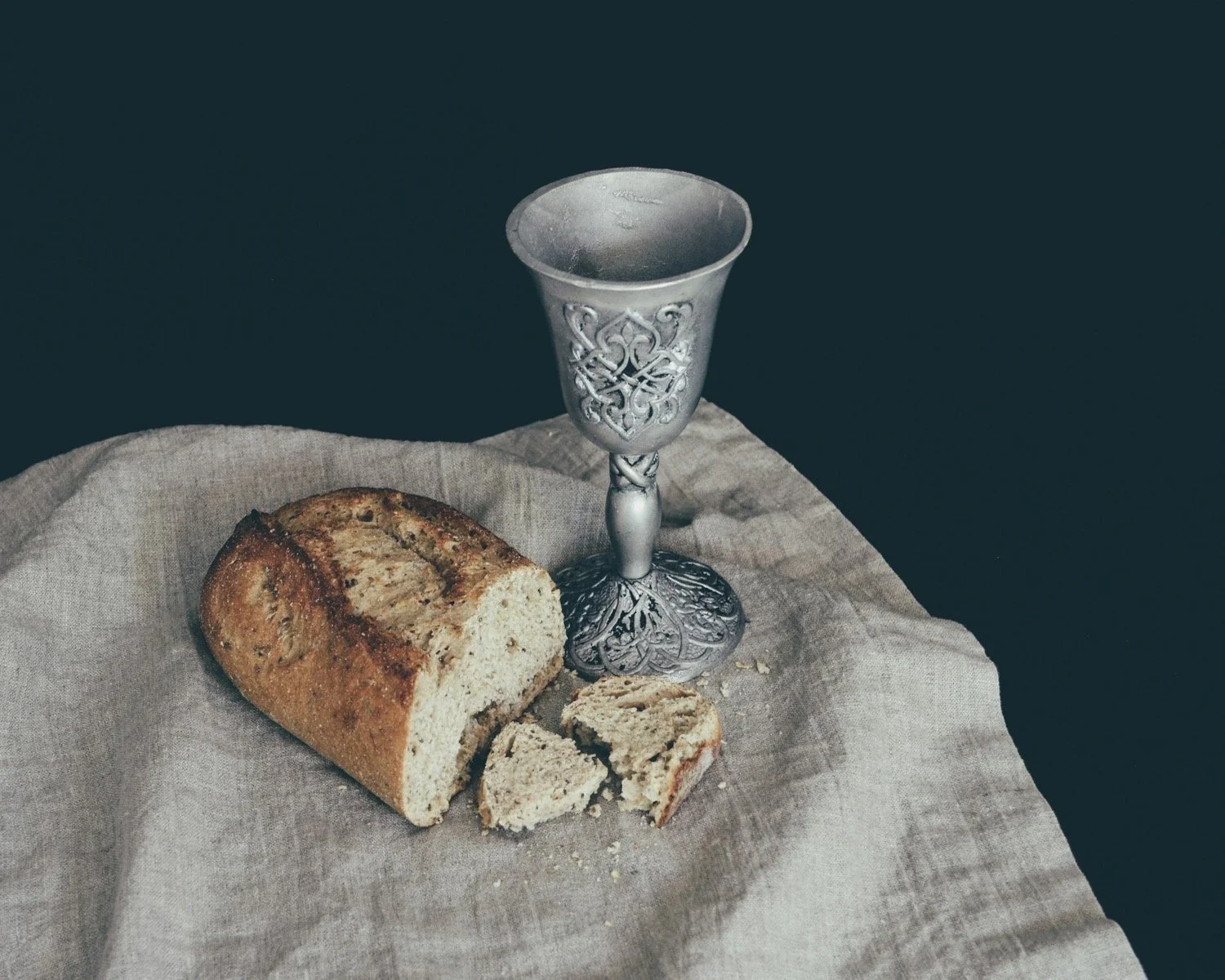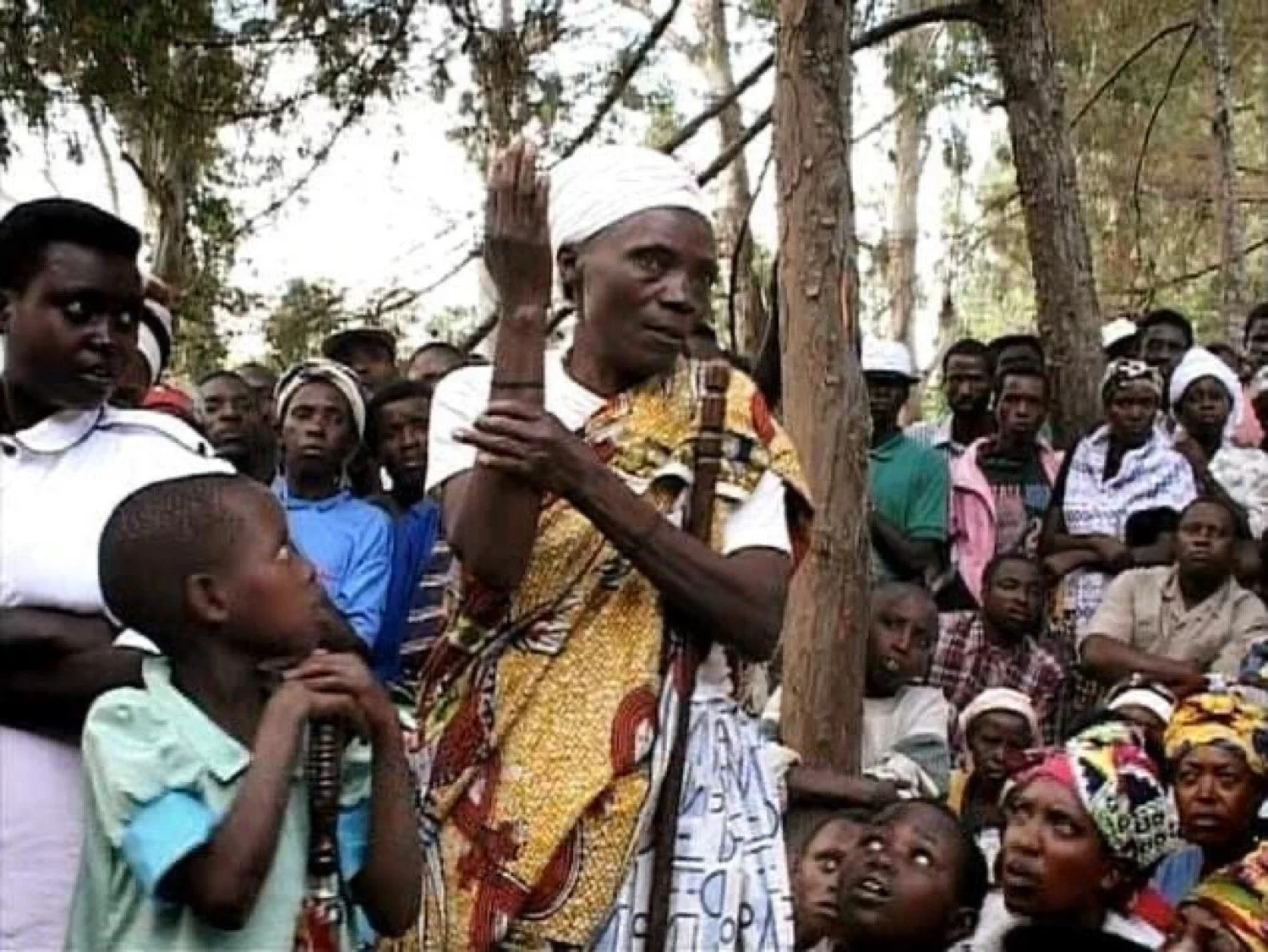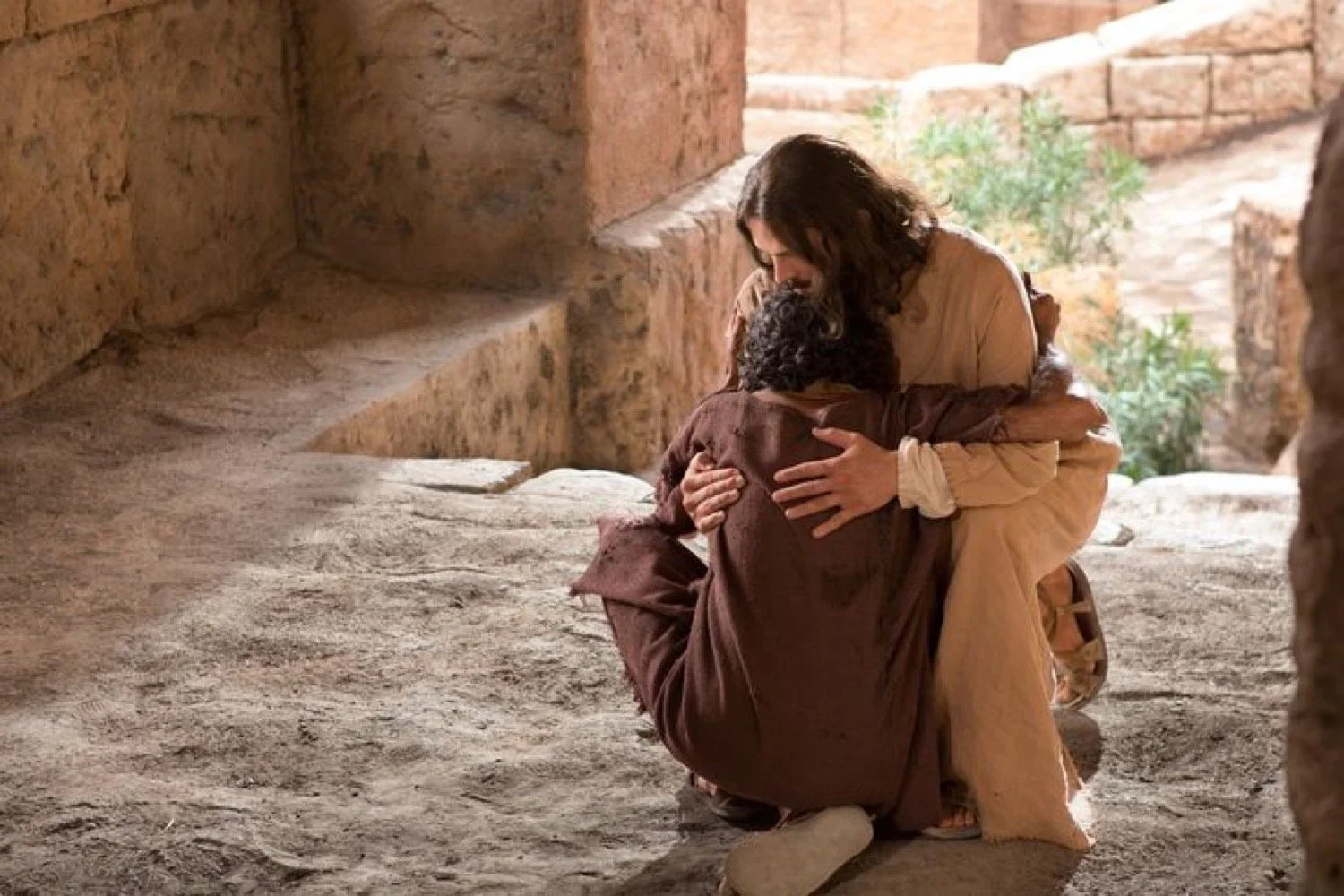Readings for today: 2 Kings 18-19, Psalms 106
Trust is the most important currency when it comes to leadership. If one trusts a leader, one will be willing to do just about anything for them. If one doesn’t trust a leader, they will do as little as possible. It’s been said that organizations move at the speed of trust. Families depend on trust. Friendships are built on trust. Trust is everything.
One of the most striking parts of the story we read today is the trust God’s people have in King Hezekiah. The Assyrians were one of the most fearsome and brutal empires of the ancient world. Sennacherib was one of their greatest kings. Assyria had already wiped out the northern kingdom of Israel. They had taken the people into exile, scattering them in different places so they would never rise up in rebellion. This was Assyria’s standard operating procedure. Now it was the southern kingdom’s turn to feel their wrath and come under their control. They brought a massive army to the gates of Jerusalem and laid siege to the city. There was no hope of fighting back. No chance of escape. The sight must have been completely demoralizing. To add insult to injury, Sennacherib sends his envoy to the city to call for their surrender. He cites the litany of victories his king has won. He talks about all the so-called gods who have fallen before them. He even claims divine sanction for his mission of violence. The whole point of this exercise is to shake the faith of the people in Hezekiah. But the people refuse to respond. Their trust in Hezekiah is absolute and well-founded. Hezekiah turns to God for help and the Assyrians are destroyed.
It’s an incredible testimony to the power of trust. Trust in God. Trust in godly leadership. Trust in one another. And such trust doesn’t rise in a vacuum. It was built on years of faithful leadership from their king. Hezekiah turned the hearts of his people back to God. He tore down the high places. He destroyed all the idols. He prospered in all sorts of ways because he trusted God. And because Hezekiah trusted God, his people trusted him. They believed in him. They followed him. Even in the face of insurmountable odds, they never lost their faith in Hezekiah’s leadership.
Now consider your own life. All of us lead in all sorts of ways in all kinds of situation. We lead in our families. We lead in our places of work. We lead in our churches. We are all given influence on some level. We are all given a certain amount of authority. What do we with it? Do we seek to build trust among those we lead by serving them? By doing all we can to make them successful and set them free? Or do we cling to our power and influence in order to control others? When we are able to trust one another, God can do great things in and through us. When trust is lost, life becomes a struggle. Where do you find yourself today?
Readings for tomorrow: 2 Kings 20-22, Psalms 107




